Sports
‘I lost part of my identity after sports injury’
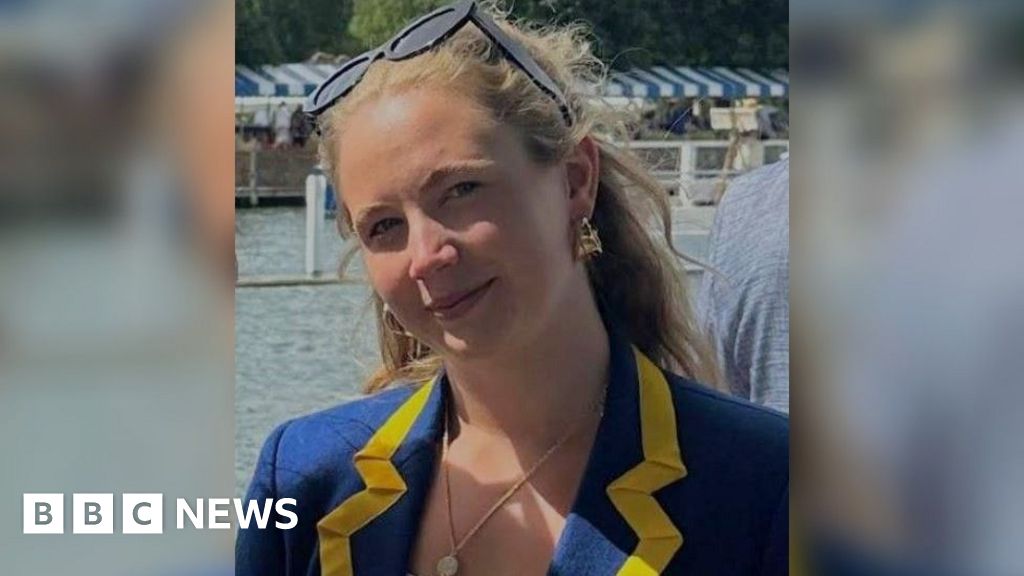
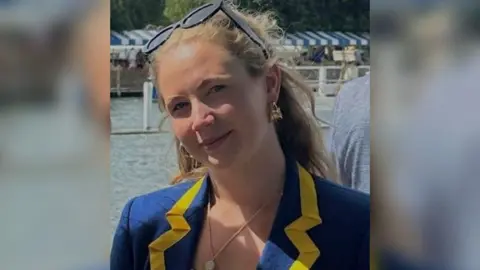 Rachael Debenham
Rachael DebenhamWhen top young athletes step onto the track, field or into the water they are often aware of the physical toll this may have on their bodies, but now a study is seeking to fill a gap in research around the emotional and psychological impact of sports injuries. As part of the study, students at the University of Bath have been speaking about the mental health impact of their injuries and being sidelined while on the road to recovery.
Three years ago life was very different for Rachael Debenham.
She was a talented sculler with the University of Bath Rowing Club and competed in the final Henley Women’s Regatta.
But the 20-year-old has been forced to stop taking part in the sport she loves after developing a tear in her hip.
She has a labral tear and femoroacetabular impingement which developed from overuse.
“Injury has been incredibly isolating. I feel like I’ve lost a part of my identity,” she said.
“When people ask, ‘What do you do?’ I can’t proudly say ‘I’m a rower’, even though rowing has been part of my life for so long.”
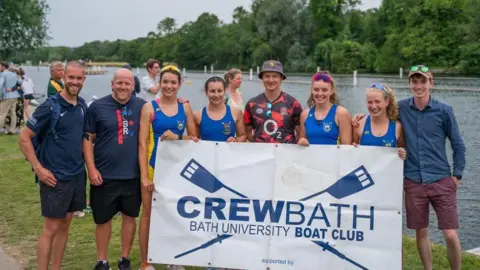 Rachael Debenham
Rachael DebenhamThe sport and exercise science student said she now has to face the “bitter sweet” experience of watching her teammates achieve their goals, while she is “stuck on the sidelines waiting to return”.
“The thought of returning to rowing feels exciting, alongside overwhelming with the fear of reinjury at the back of my mind,” she added.
“But, right now, all I want to be able to do is to do daily tasks pain free, then focus on rehab post-surgery.”
Rachael, who is from the Isle of White, elected to have private surgery on her hip on 22 October after waiting for three years on the NHS.
She said: “There is a real gap in support, no matter what level athlete you are.”
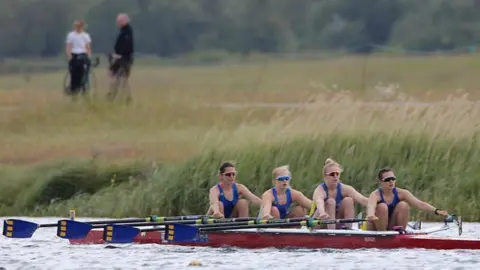 Rachael Debenham
Rachael DebenhamRachael’s experience is shared in part by Gemma Peters, also 20 and an elite rower with the British Rowing South West Performance Development Academy at the University of Bath.
She is waiting for disc discectomy surgery, which is scheduled to take place in November.
Gemma, from Street in Somerset, was a swimmer growing up before transitioning to rowing.
She hurt her back while working out and has been through a two-year cycle of relapses and rehabilitation.
During this time, she has faced hospital stays and even temporary loss of feeling in her legs.
Gemma said: “I’ve been a high-level athlete all my life, so when injury took that away, I didn’t know how to handle it.
“It took me the best part of a year to learn how to live life no longer being an elite athlete.”
 Gemma Peters
Gemma PetersShe explained that support services often misjudged her as only wanting to get treatment so she could get back to her sport, rather than needing the treatment because she was unable to live her life normally.
“Some people would say ‘oh but you can live a normal life’ but I can’t because sport is my life, they just didn’t understand,” she said.
Gemma has now turned her hand to coaching to keep connected with the sport.
“Every day is a battle between fear of worsening symptoms and the urge to stay active,” she said.
“I constantly wrestle with not overdoing it while needing to do something to keep myself grounded.
“Finding that balance is tough, but I’m counting down the days until I can train again without guilt.”
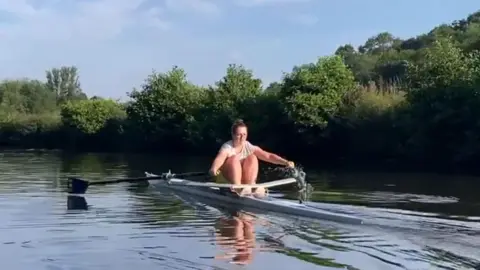 Gemma Peters
Gemma PetersFor the last two years, Hannah Cliftlands has been recovering from an ACL tear.
Prior to her injury, the 20-year-old third-year Sport and Exercise Science student was an active player for the University of Bath Netball Club.
Throughout her rehab she has stayed involved by coaching at the club.
“The physio has cleared me to play, but the fear is still there,” she said.
“After my rehab, it’s 100% psychological – I’m scared of getting injured again.
“I try to push through that fear and be confident, but it’s tough.
“I’m not training or playing with my friends’ week in and week out and I really miss that connection.”
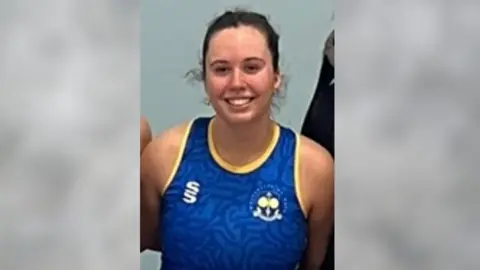 Hannah Cliftlands
Hannah CliftlandsNow the University of Bath, in collaboration with Podium Analytics, is aiming to understand the mental health impacts of these injuries in order to shape future support.
The study, named Young Voices in Sport, will explore how injuries impact young people’s mental well-being, self-identity, and their journey back to competitive sport.
Dr Lee Moore, a senior lecturer in Sport and Performance Psychology at the University of Bath, said: “Research among elite adult athletes shows that injuries often lead to a loss of self-identity, fear of re-injury, and anxiety about losing their place on the team.
“Until now young people’s voices have been overlooked.
“By better understanding their experiences, we can better inform coaching practices and help families provide the right support for young people during their recovery from injury.”
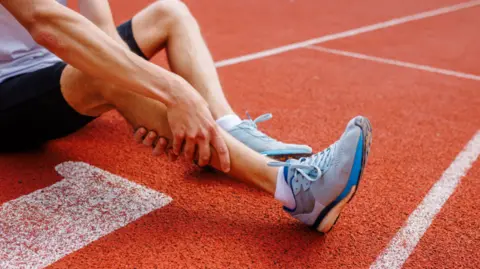 Getty Images
Getty ImagesPodium Analytics, a charity committed to reducing injury in youth and grassroots sport, is aiming to develop peer-to-peer support tools and bespoke training for coaches and families to help young people get better psychological help when they are injured and as they return to sport.
Dr Catherine Wheatley, from Podium Analytics, said: “Young athletes are navigating the complexities of adolescence alongside the pressures of competition.
“Their mental health needs during injury and recovery are unique, and this project will shine a light on how best to support them, ensuring they feel mentally as well as physically prepared to get back in the game.”





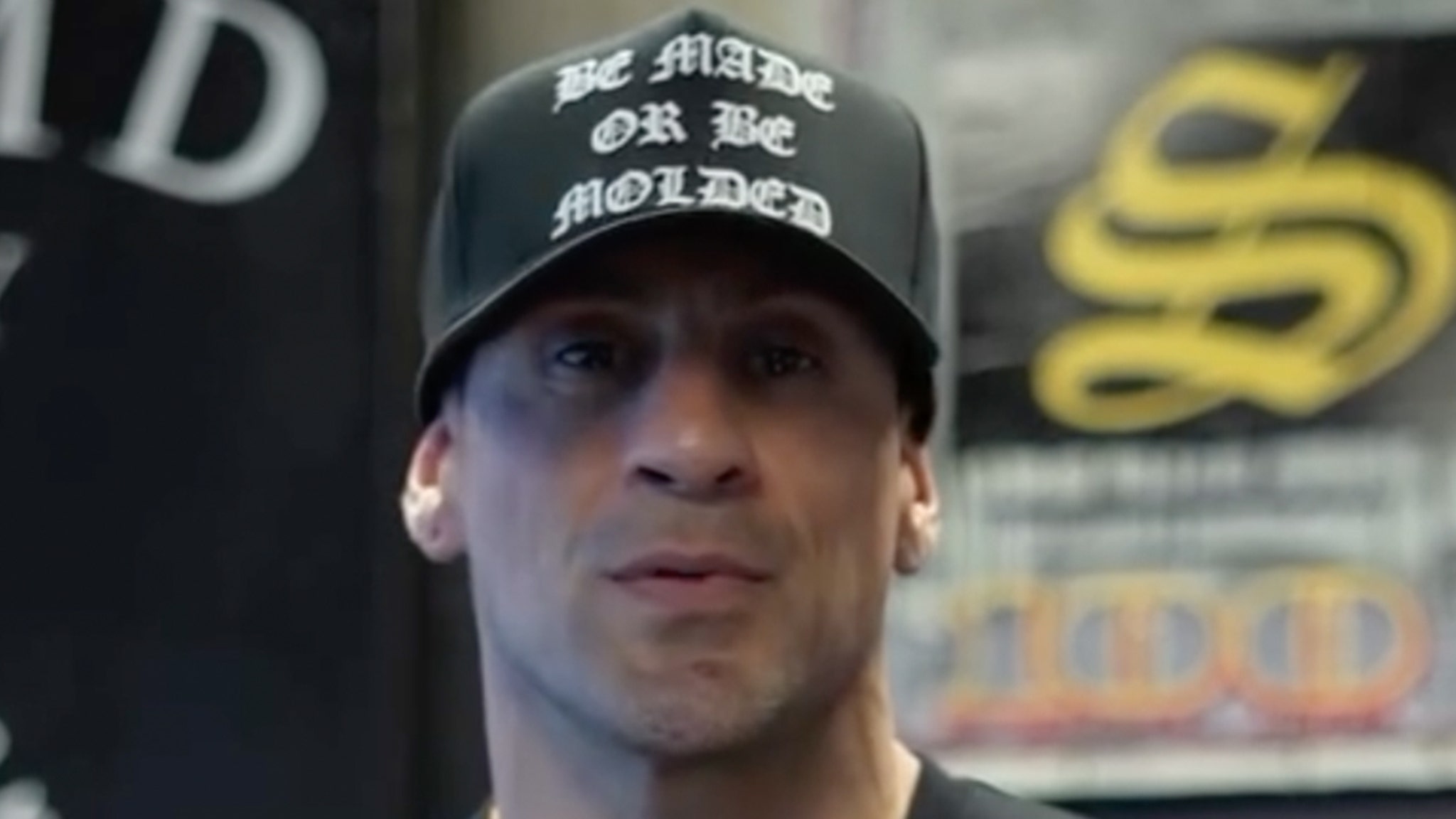
/cdn.vox-cdn.com/uploads/chorus_asset/file/25626295/247263_iphone_16_pro_AKrales_0799.jpg)


